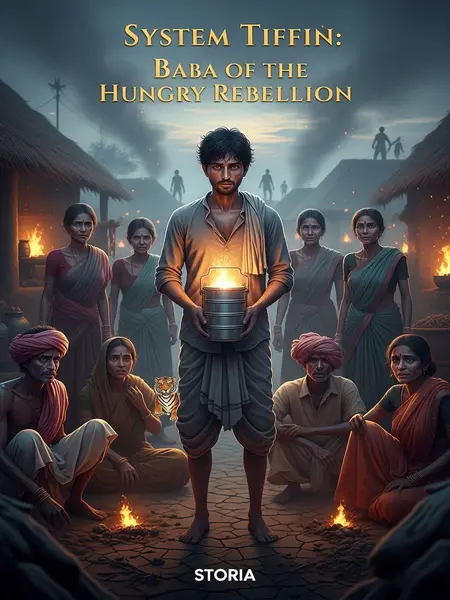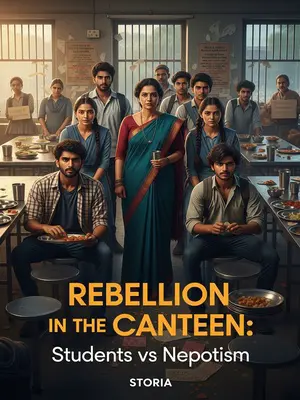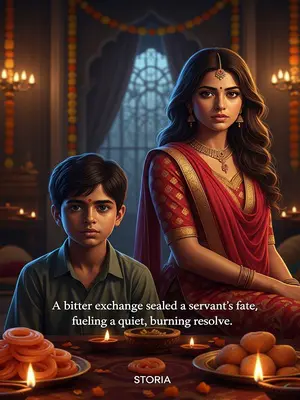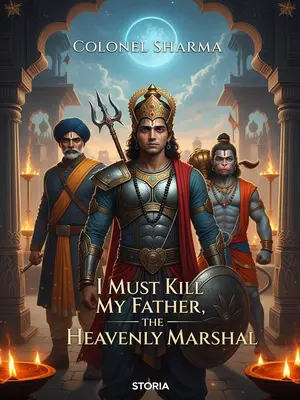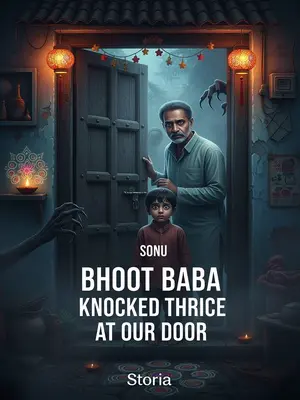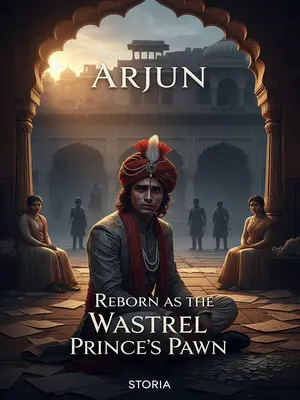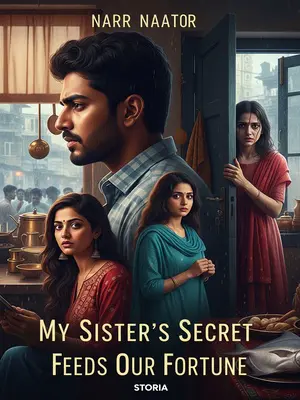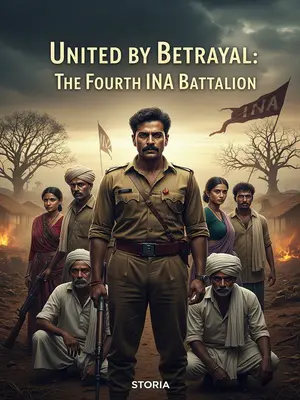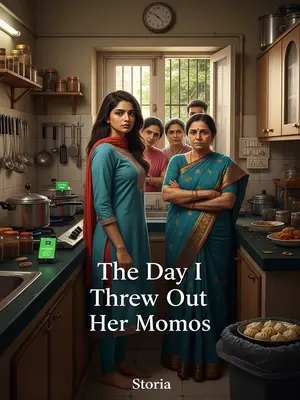Chapter 3: A New Home and Rules
This is our way—when the stomach is full, hope returns. Even after one day, faces looked a little brighter.
After a long trek dodging potholes and bullock carts, we reached a government rest house. The watchman dozed, lathi across his lap, crows cawing above. After paperwork and stamps, we were assigned to dig a canal at the base of a hill—remote, perfect for being ignored by the sarkari system.
Frankly, it suited us—freedom to breathe. I remained the leader, with more work ahead.
I called Nandu for canal digging logistics. As for shramdaan—here, who’d check our hours? If you can’t slack off in such a place, when can you?
Nandu went for rations, but two-thirds was gone by the time he returned. He shrugged, like this was just Bharat ki routine. I laughed—sahi hai, bhai.
All tools were wooden—spades, hoes, even hammers. Did they want us to dig a canal or plant tulsi?
After collecting supplies, we trekked two more days. Feet blistered, but air was fresh. We reached the work site.
A gaunt, half-grown youth greeted us, ribs poking out, eyes deep-set, but his nervous smile was genuine.
The area was beautiful—green hills, streams like payal jingling over stones. For a second, it felt like those offbeat Himalayan retreats you see in travel mags.
First thing, I sent two men to look for a cave—no more sleeping under the sky. Bhaiya, a local, grinned, volunteering. His family lived nearby; caves were like second homes. I gave him eight tiffins, told him to take a partner and return before dusk.
That night, Bhaiya returned, eyes shining. “Baba, ekdum badiya jagah mil gayi—zyada door nahi, ek chai ubalne jitna time lagega.”
I couldn’t wait to see it.
Next morning, I followed Bhaiya up a goat trail. The cave was huge—flat, clean, big enough for six cricket pitches. A spring gurgled out from one wall, water cool as Gangajal.
I cupped water in my palms and drank—the chill went straight to my bones.
“Dharti ka swarg hai,” I said, clapping Bhaiya’s back. “Shabash, dost! Sabko le aa, aaj se yahin rahenge.”
Bhaiya blushed. “Aapki seva mein rehna meri kismat hai, baba.”
Soon, everyone arrived, eyes wide. We smoked the cave to clean and dry it for living.
Work began next day. First, ground rules:
“We’re here for shramdaan, not slavery. Kaam subah se, break at noon, phir shaam ko, total six hours, five days a week, do din chhutti, rain mein koi kaam nahi, bimaar rest. Samjhe?”
Blank faces. Even elders looked lost. I explained—no point burning out.
“Aur suno, teen time khana, sabko tiffin.”
A tough guy with a scar piped up, “Sach hai, baba? Khana milega?”
“Of course. Not fancy—ek bada non-veg, teen veg. Variety chahiye toh bolo.”
They all shook their heads. “Bas, mutton mil jaye toh aur kuch nahi chahiye.”
For them, three meals with meat, rest days—this was more than ministers got. Some blinked, stunned.
“One more thing,” I added, “Har hafte ek baar sab nahayenge. Safai bhi taqat hai, samjhe?”
I passed out tiffins. They ate like champs, some downing four boxes in one go. I worried, but they were fine.
I remembered the sallow youth who’d greeted us. I sent Nandu with two Set As.
Surprisingly, the boy refused, wanting to talk to me.
I met him—thin as a stick, eyes wary. “Why are you making death squads? Kya chalu hai?”
I nearly laughed. Death squads? Malnutrition or imagination?
I kept calm. “No squads, dost. Sabko same food, same rest. No zabardasti.”
Nandu nodded, “Sahi hai, baba. Six hour kaam, five din, do din chhutti, teen time khana.”
The boy hesitated, then clutched the food. “Nahi, baba, I’ll eat. Naam Ramesh hai, aapka saath chahunga.”
“Chalo, bas khao, sehat banao.”
He brightened.
After Ramesh left, Nandu and I set up a tent—leader ki luxury. Honestly, I hated tents, but the mosquitoes here were deadly. The rest slept out, but my city skin couldn’t handle it.
Next day, heavy rain—no work, sab rest. I lay back as Nandu gave out breakfast. Ramesh had quietly moved into the cave.
With nothing to do, I called him. “Yahan ke baare mein jante ho?”
“Teen saal se clerk hoon block mein.”
“Bamboo milta hai?”
“Peeche ke pahad mein, pura jungle hai.”
“Lake?”
“Do kilometer south, bada jheel. Choti nadiyan bhi.”
Perfect.
At night, fewer came for dinner. Many were sick. I checked—a group sat shivering, breath ragged.
I touched a forehead. “Bukhar, sardi.”
Here, a cold could be deadly. I had to do something.
Nandu asked, “Dawa aati hai aapko?”
“Thoda bahut. Bachpan mein sardi-jukham ka ilaaj karta tha.”
I called Ramesh. “Jungle mein adrak milta hai?”
“Milta hai, par dhoondhna padega.”
“Rain’s stopped, jao dhoondo. Nandu, saath jao. Alag mat hona.”
I went myself, searching for herbs. Childhood memories of foraging came back. I found pudina and tulsi.
Nandu and Ramesh returned, carrying a giant ginger root—any sabziwala would be jealous.
Needed a pot. Ramesh suggested a stone trough from goat herding days.
We cleaned it, filled with water, added herbs, and—thanks to my system—poured in 150 C sets’ worth of cola. Modern meets ancient, kya combo hai!
We boiled everything, ladled out cola-ginger soup in bamboo cups. Even the sickest smiled at the taste.
I gave some to Nandu and Ramesh. Ramesh’s eyes widened, “Yeh... yeh amrit hai?”
To them, cola was magic. For me, nostalgia.
After sweating out the fever, most recovered. I used leftover C sets to make khichdi—hot, soupy, perfect for the chill.
